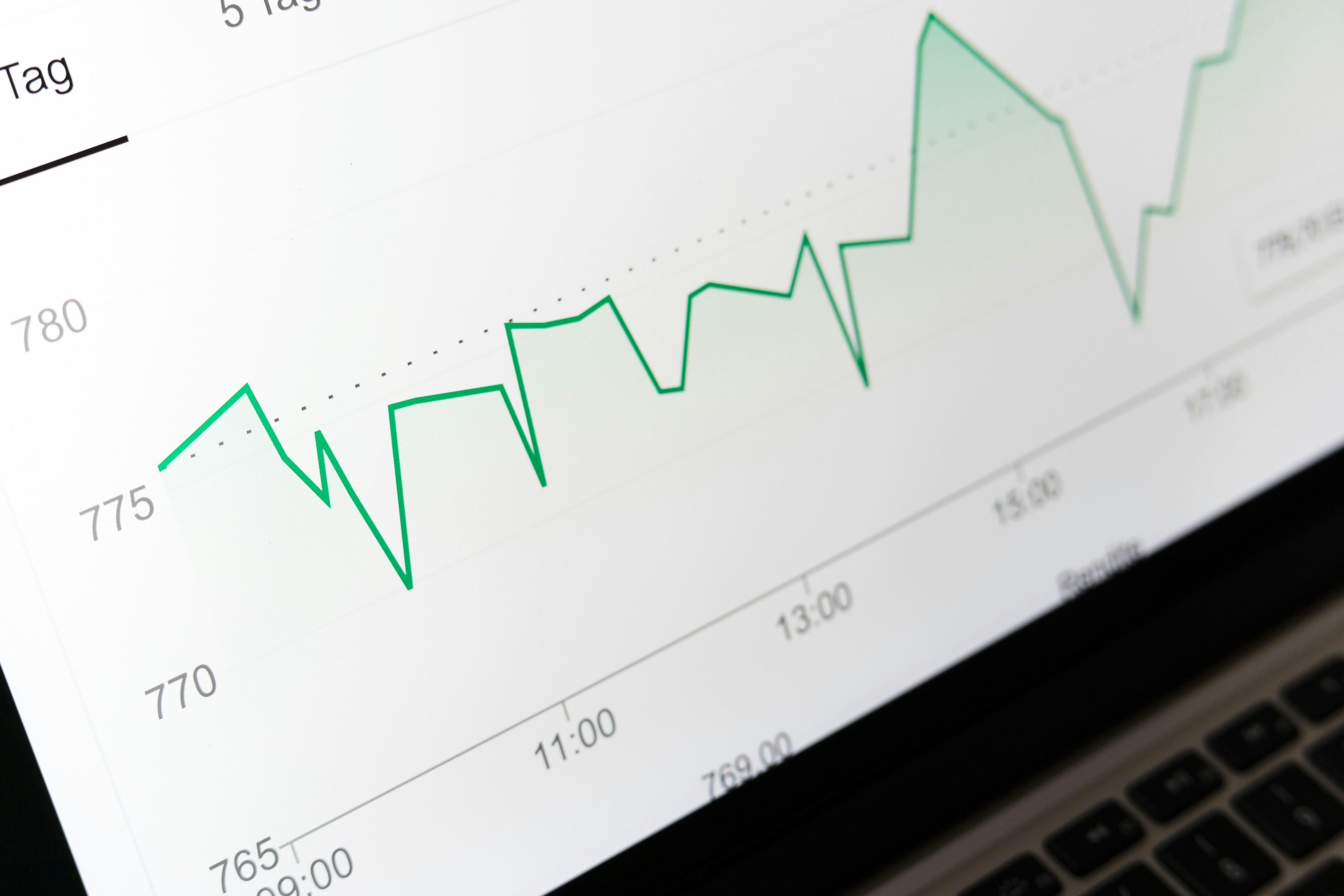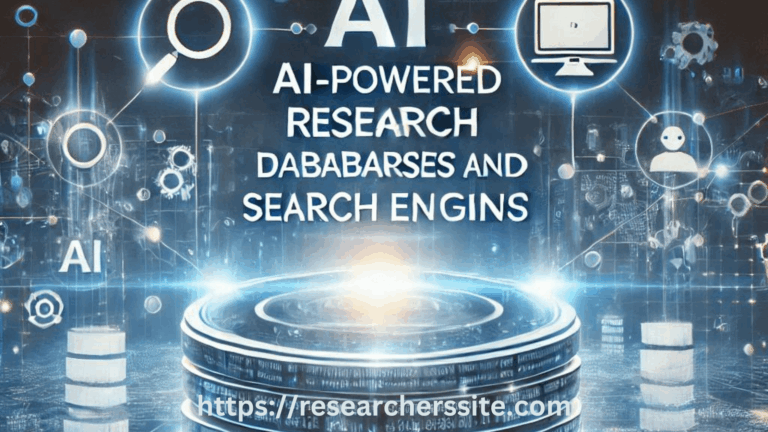

Artificial Intelligence (AI) is not just a trend — it’s a technological revolution. From smart assistants to self-driving cars, AI is changing the way we live, work, and interact with the world. But what lies ahead? This blog explores the future of AI, its groundbreaking applications, and how it will influence our everyday lives in the years to come.
🚑 AI in Healthcare: Revolutionizing Patient Care

AI is making healthcare smarter, faster, and more precise:
- Early Disease Detection: AI can detect cancer, heart disease, and neurological disorders earlier than human doctors.
- Drug Discovery: AI speeds up the development of new medicines by analyzing chemical reactions and trial data.
- Virtual Health Assistants: Chatbots provide medical advice and monitor patient symptoms remotely.
👉 Impact: Lower medical costs, faster diagnosis, and personalized treatment plans.
📚 AI in Education: Tailored Learning for Every Student

AI is transforming classrooms into personalized learning hubs:
- Adaptive Learning: Platforms like Coursera and Khan Academy adjust lessons based on performance.
- AI Tutors: Available 24/7, helping students solve problems in real-time.
- Smart Content Creation: AI generates quizzes, summaries, and learning paths.
👉 Impact: Inclusive education and improved student outcomes worldwide.
💼 AI in Business: Data-Driven Decisions

Companies are using AI to gain a competitive edge:
- Predictive Analytics: Forecasting market trends and customer behavior.
- Chatbots & Virtual Agents: Handling customer inquiries instantly.
- Process Automation: From HR to finance, AI streamlines repetitive tasks.
👉 Impact: Higher productivity, lower costs, and smarter decision-making.
🚗 AI in Transportation: Driving the Future

From self-driving taxis to smart traffic systems:
- Autonomous Vehicles: Tesla, Waymo, and others are refining driverless technology.
- AI Traffic Management: Reducing congestion and accidents with smart routing.
- Logistics Optimization: AI predicts delivery times and routes for efficiency.
👉 Impact: Safer roads, lower emissions, and faster transport.
🏠 AI in Everyday Life: Smarter Living

AI is already part of your home and smartphone:
- Smart Homes: Devices like Alexa, Google Nest, and smart lights learn your preferences.
- Voice & Face Recognition: Unlock your phone, control appliances, and secure your home.
- Personal Assistants: AI schedules your meetings, plays your music, and even shops for you.
👉 Impact: Convenience, time savings, and improved quality of life.
🌍 Future Trends in AI to Watch
- Generative AI: AI that creates content, art, code, and even music.
- Explainable AI (XAI): Transparent AI systems you can understand and trust.
- AI Governance: Ethical guidelines and regulations to ensure safe AI development.
- AI & Sustainability: Using AI to fight climate change and promote green energy.
❓ Frequently Asked Questions (FAQs)
Q1: Will AI take over jobs?
A: AI will replace some jobs but also create new ones in tech, management, and creative industries. Reskilling is key.
Q2: Is AI dangerous?
A: Like any tool, AI can be misused. That’s why ethical AI development and regulation are important.
Q3: Can AI be creative?
A: Yes! AI can write articles, generate art, compose music, and even design buildings.
Q4: What skills should I learn for the AI future?
A: Data analysis, machine learning, programming (Python), and ethical reasoning are all valuable.
📬 Stay Updated on AI
Like what you read? Subscribe to our tech newsletter for the latest updates in AI, emerging technologies, and digital trends.
Image credits: All images are from Unsplash and free to use.



